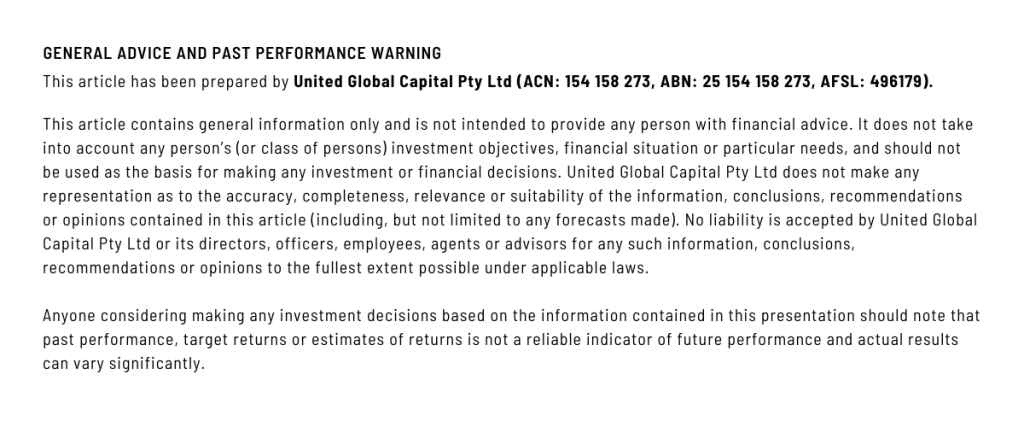Diversification: Your Guide To Smart Investing
Diversification is a crucial strategy in the investment world, aimed at reducing risk and achieving steadier returns. This approach involves spreading your investments across a variety of asset classes, including stocks, real estate, bonds, and private equity.
Further diversification is achieved within each asset class by investing in different sectors, such as technology, healthcare, energy, and finance. Expanding your portfolio across various fund managers and issuers can also be part of a diversification strategy.

The advantage of diversification is that it mitigates the risk associated with your portfolio. As different asset classes and sectors often perform differently under varying economic conditions, diversifying ensures that the poor performance of one investment does not drastically impact your entire portfolio. A well-balanced mix of investments, each with its own risk level, helps maintain a more stable overall risk for your investments.
Regular assessment of your investment portfolio to identify diversification opportunities is recommended for maintaining financial health.
Benefits of Diversification
Diversification serves as a protective measure against the downfall of a single investment or underperformance in a particular asset class. By spreading your investments, the decline in value of some can be offset by the rise in others. This strategy ensures some level of portfolio stability regardless of economic fluctuations. For instance, when interest rates drop, bond prices might increase, balancing out the typically poorer performance of stocks during such times.
Effective Diversification Methods
To diversify effectively, it’s essential to invest across different asset classes and within various options in each class. Diversifying through various fund managers or issuers is also a wise move.

Assess Your Current Investments
Start by listing all your investments and their current values. This list might include your savings accounts, stock holdings, managed funds, real estate investments, and retirement funds. By doing so, you can see where your current investments lie and identify areas for diversification.
Identify Gaps and Explore New Asset Classes
If your portfolio is heavily concentrated in one or two asset classes, explore other areas. For example, if you have significant investments in real estate, consider diversifying into stocks or bonds to mitigate the risk associated with a downturn in the property market.
Consider International Investments
Expanding your investments to international markets can reduce the risk of being overly reliant on a single economy. For example, investing in the U.S., Asian or European markets can offer stability if the Australian market faces a downturn. However, be aware of the risks associated with foreign exchange rates.
Utilise Managed Funds and Other Instruments
Managed funds, exchange-traded funds (ETFs), and listed investment companies (LICs) are straightforward ways to achieve diversification. Managed funds and accounts often provide diversified portfolios classified as conservative, growth, or high growth. ETFs are usually passive funds tracking indexes like the ASX200 or S&P500, while most LICs are actively managed, focusing on specific asset classes.
Maintaining a Diversified Portfolio
Over time, the value of investments can shift, leading to an imbalance in your portfolio. Regularly rebalancing by investing additional funds or altering your investment mix can help maintain diversification. Be mindful that selling investments can result in capital gains or losses.
Seeking Guidance in Diversification
Building a diversified portfolio can be complex. If you’re looking for assistance in creating a well-balanced investment portfolio, consider seeking professional advice. At United Global Capital, our dedicated team of financial experts is here to guide you through every step. Whether you’re looking to balance your existing investments or explore new opportunities for growth, we provide personalised solutions tailored to your unique financial goals. Don’t leave your financial future to chance. Contact us today to schedule a consultation and start building a more resilient and profitable portfolio.

